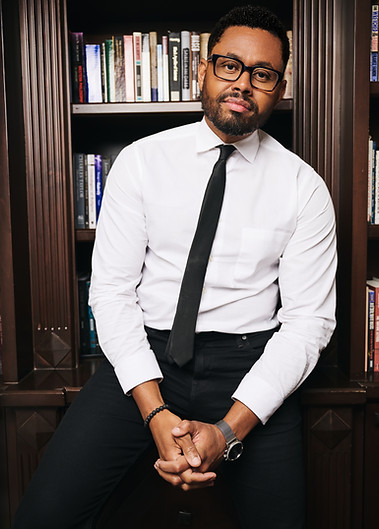TERENCE KEEL
PROFESSOR, AUTHOR, & DIRECTOR OF THE BIOCRITICAL STUDIES LAB
I am a Professor at the University of California, Los Angeles where I teach in the Department of African American Studies and the UCLA Institute for Society and Genetics. I also direct the UCLA Lab for BioCritical Studies and also serve as the Advisor for Structural Competency and Innovation for the UCLA Simulation Center at the David Geffen School of Medicine.
My first book Divine Variations: How Christian Thought Became Racial Science (Stanford University Press, 2018) explained how religious ideas have shaped the thinking of scientists studying human variation within the fields of anthropology, genetics, public health, and medicine.
Currently, I am the principal investigator of the Coroner Report Project within the UCLA Lab for BioCritical Studies. My research team is documenting how the death investigation system is failing to tell us the truth about Americans who lose their lives in jail and during arrest. I've written about this problem in several reports, journal articles, and now my latest book The Coroner's Silence: Death Records and the Hidden Victims of Police Violence (Beacon Press, 2025).

I come from a family of sharecroppers in Louisiana, a long line of autoworkers from the rust belt, and Black military men. Born and raised on the southside of Sacramento, CA I returned to the south to study at Xavier University of Louisiana. There I was influenced by a vibrant department of theology that introduced me to W.E.B. Du Bois, Charles Long, Al Raboteau, and many others. That program, along with the untimely death of my mother to breast cancer, inspired me to become a scholar. I would go on to earn a BA in Theology from Xavier and then a Master of Theological Studies from Harvard Divinity School. I completed my PhD from Harvard University working with the Committee on the Study of Religion, the Department of the History of Science, and the Department of African American Studies.